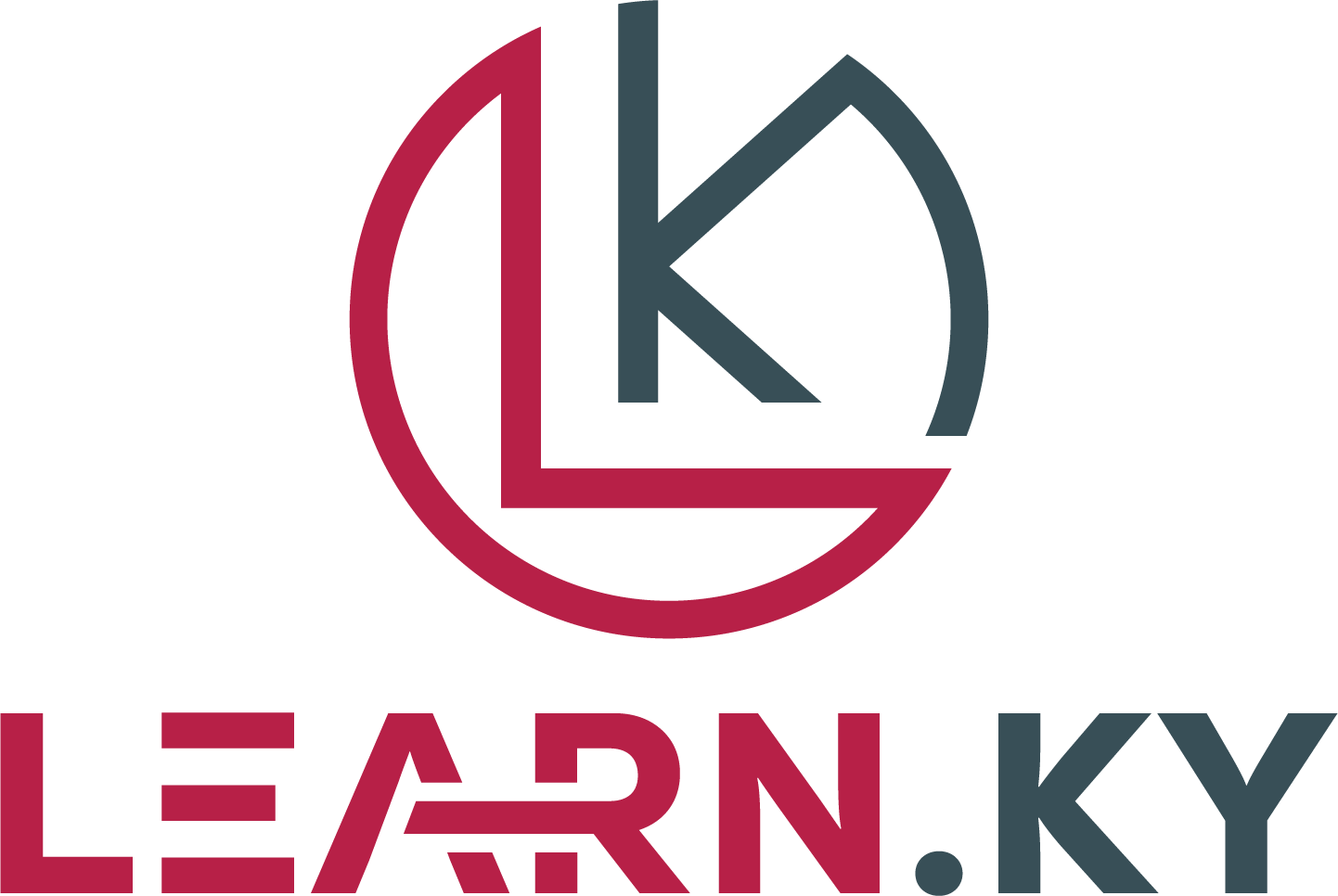The intersection of artificial intelligence (AI) and finance is not a new concept. However, with the advancements in technology and the growing demand for innovative solutions, the future of AI in education technology (EdTech) in revolutionizing finance is a topic that is gaining significant attention. AI-powered solutions have the potential to transform the way financial institutions operate, streamlining processes, improving decision-making, and enhancing customer experiences. In this article, we will explore the next frontier of AI EdTech in finance, delving into how these technologies are reshaping the industry and paving the way for a more efficient and data-driven future.
The Role of AI in Finance:
AI has already made significant inroads in the financial industry, with applications ranging from fraud detection to personalized customer recommendations. In the realm of education technology, AI can be leveraged to create personalized learning experiences, analyze student data, and provide real-time feedback. This personalized approach is crucial in the finance sector, where tailored solutions can help financial institutions better understand their customers’ needs and preferences.
AI-powered algorithms can analyze vast amounts of data in real-time, enabling financial institutions to make more informed decisions. For example, AI can be used to predict market trends, identify investment opportunities, and optimize portfolio management. In the realm of education technology, AI can help students learn at their own pace, receive personalized feedback, and access resources that cater to their individual learning styles.
The Benefits of AI EdTech in Finance:
The integration of AI in education technology in finance offers a myriad of benefits. One of the key advantages is the ability to automate repetitive tasks, freeing up human resources to focus on more strategic initiatives. AI can also improve accuracy and reduce errors, as well as enhance decision-making through data-driven insights.
Furthermore, AI EdTech can provide a more personalized learning experience, catering to the individual needs and preferences of students. This can lead to increased engagement, retention, and overall satisfaction. In the realm of finance, personalized solutions can help financial institutions better understand their customers, anticipate their needs, and provide tailored recommendations.
Challenges and Considerations:
While the potential of AI EdTech in revolutionizing finance is immense, there are also challenges and considerations that need to be addressed. One of the key concerns is the ethical implications of AI, particularly when it comes to data privacy and security. Financial institutions must ensure that they comply with all regulations and protect customer data from breaches and misuse.
Another challenge is the potential displacement of jobs due to automation. While AI can streamline processes and improve efficiency, it may also lead to job loss in certain sectors. Financial institutions need to carefully consider how to leverage AI in a way that benefits both employees and customers.
Conclusion:
In conclusion, the future of AI EdTech in revolutionizing finance holds great promise. By leveraging the power of AI, financial institutions can enhance decision-making, improve efficiency, and provide a more personalized experience for customers. However, it is essential that organizations address the challenges and considerations that come with adopting these technologies, such as data privacy, security, and job displacement. By doing so, the finance industry can harness the full potential of AI EdTech to drive innovation and excellence in the years to come.










